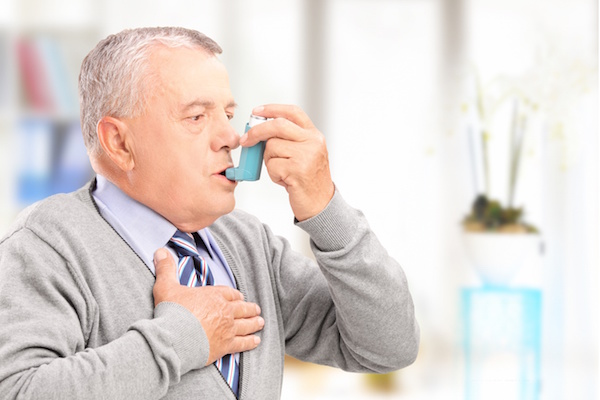
TUESDAY, May 21 (HealthDay News) — Chronic obstructive pulmonary disease (COPD) patients experience a significant amount of pain, new research suggests.
Pain levels are nearly on par with the kind of discomfort experienced by many osteoarthritis and rheumatoid arthritis patients, according to the study, which is scheduled for presentation Tuesday at the American Thoracic Society annual meeting in Philadelphia.
“Several studies have found high rates of pain medication use among COPD patients, and pain has also been an important determinant of overall health status and quality of life in COPD,” study author Melissa Roberts, a senior research associate at the Lovelace Clinic Foundation in Albuquerque, N.M., said in a society news release.
The researchers analyzed data on nearly 8,000 COPD patients over the age of 40. Nearly 16,000 other men and women not diagnosed with COPD also were included in the study. All were enrolled between 2006 and 2010 in the same managed-care insurance system in the southwestern United States.
Pain levels among the participants were determined by reviewing diagnostic codes and pain medication prescriptions as noted in their medical records. COPD patients were found to have more chronic pain indicators and used more pain meds, including both long- and short-acting opioid (narcotic) drugs.
The pain experienced among COPD patients did not appear to be a direct function of their airflow obstruction.
“We found the prevalence of chronic pain among adults with chronic disease to be almost twice as high as among individuals without chronic disease,” Roberts said. “Among those with chronic disease, individuals with COPD were similar to those with rheumatoid arthritis or osteoarthritis in their experience of pain, but with even greater use of opioids.”
Because this study is being presented at a medical meeting, the data and conclusions should be viewed as preliminary until published in a peer-reviewed journal.
More information
For more on COPD, visit the U.S. National Heart, Lung, and Blood Institute.

